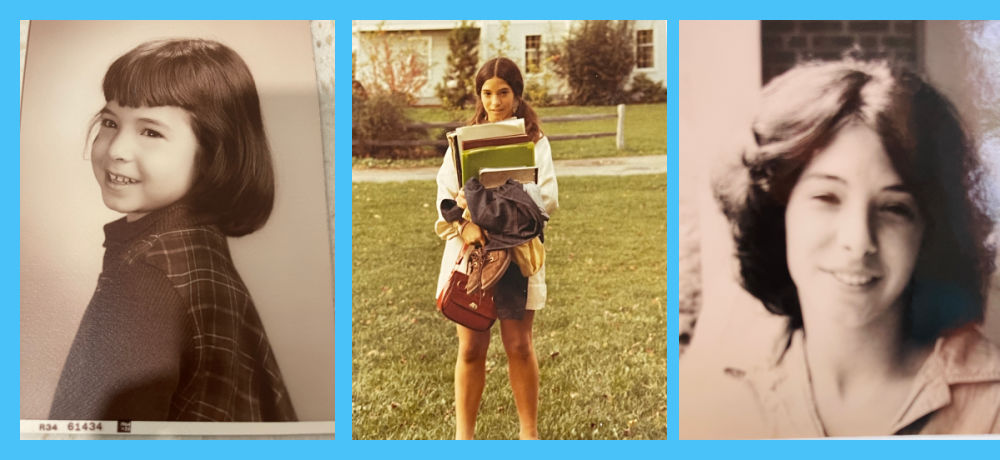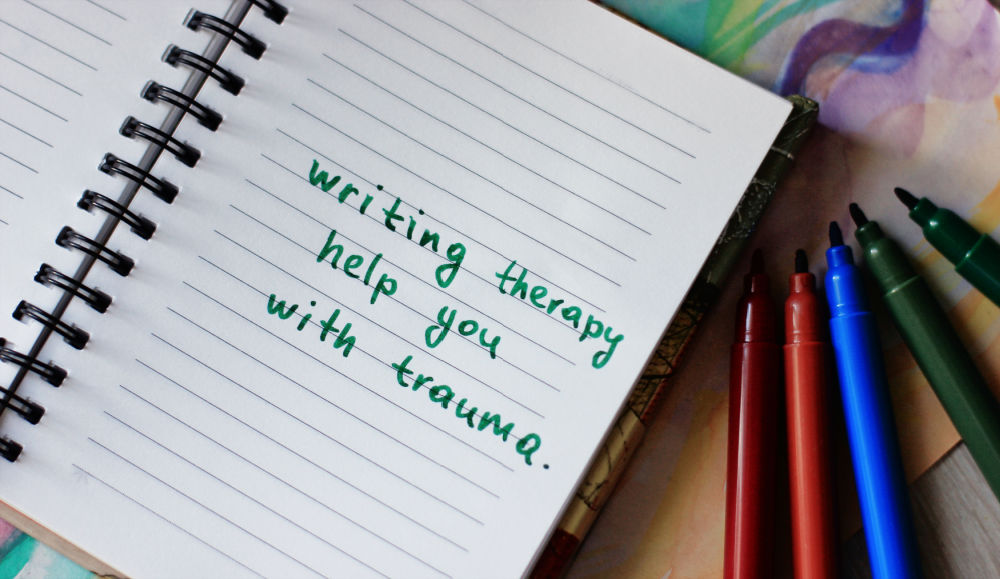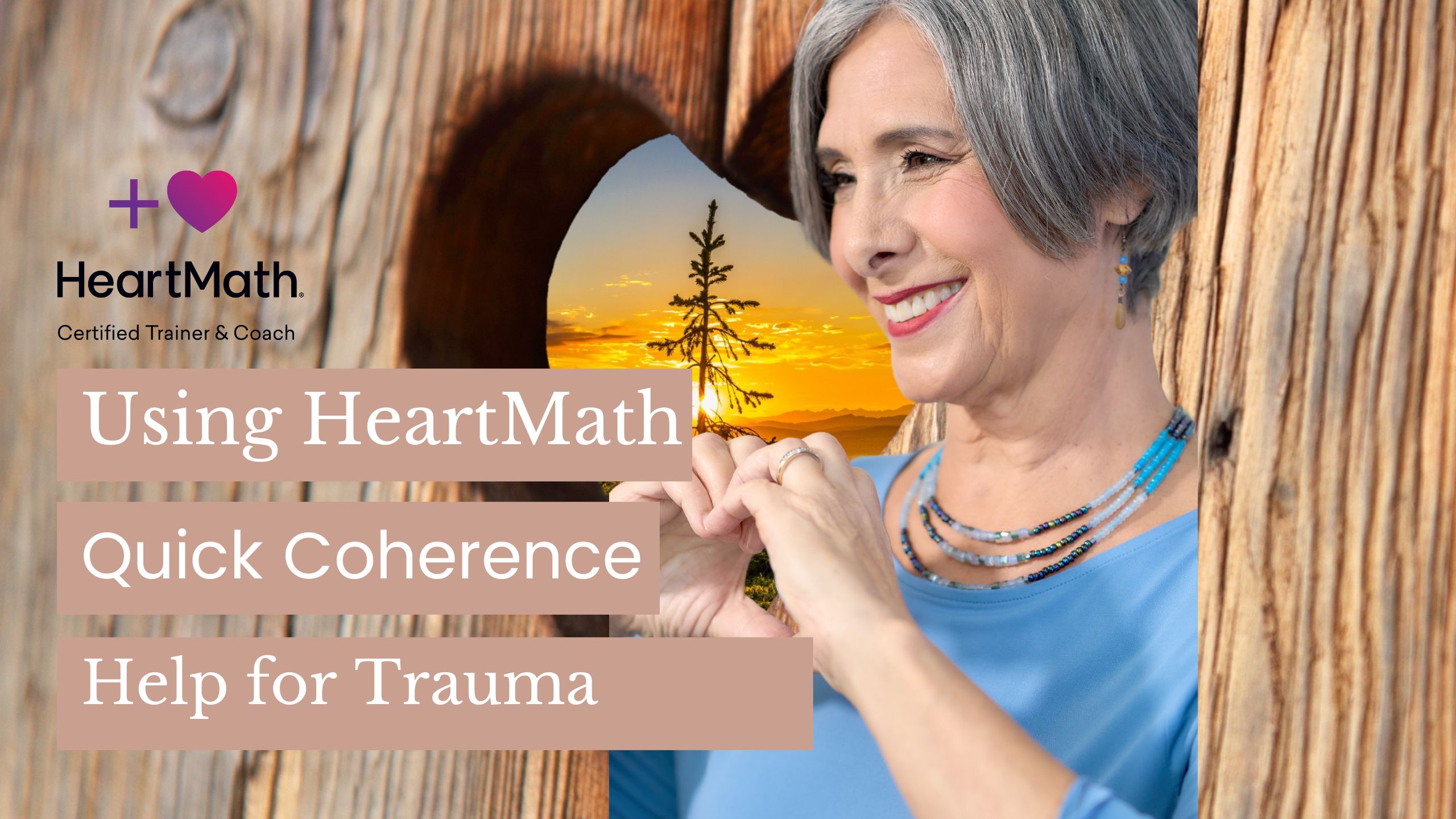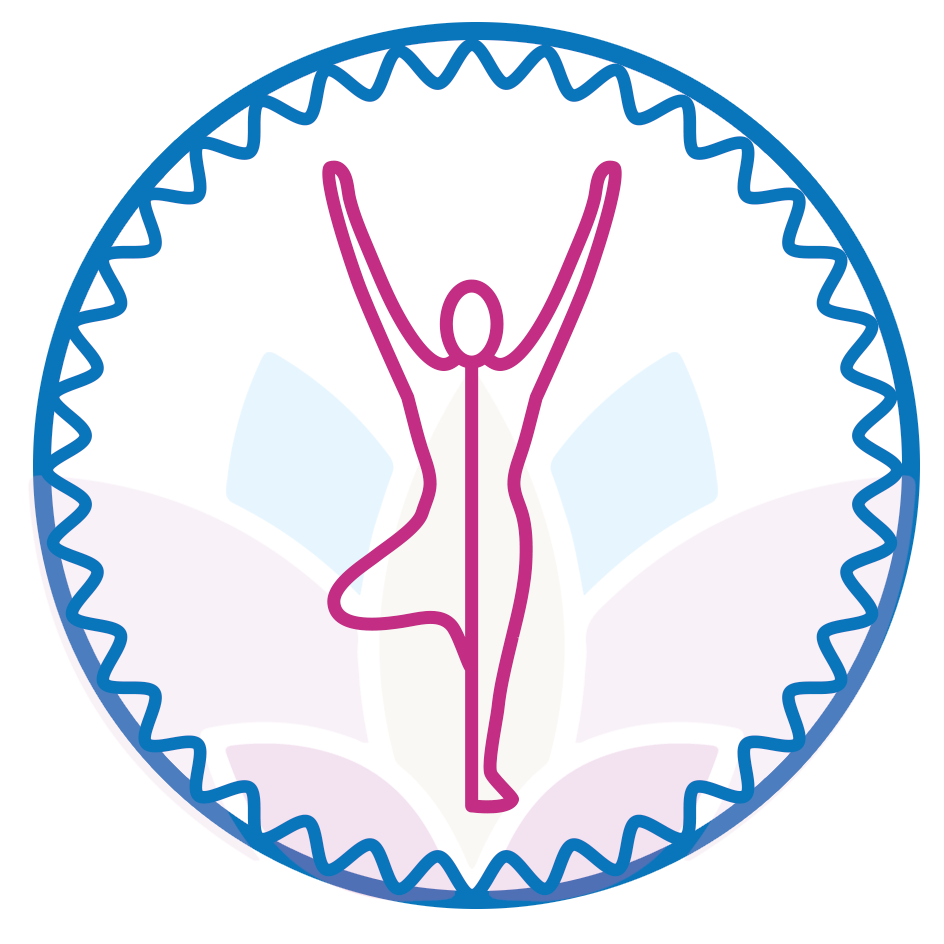
A New Understanding of Trauma!
With all the talk and focus on trauma these days and its direct connection to autoimmune diseases (see ACES study), I have asked myself the question “could an event or events that happened in my childhood be factors in my adult health issues?” As I explore healing with my clients and myself, the process sometimes uncovers past traumas, which we gently release with safe, curious and compassionate approaches. In my own case, I have very few distinct memories of childhood. In fact, it if were not for a childhood friend of mine who is diligent about keeping in touch and sharing lots of memories, I would have giant holes in that period of life. I feel so grateful for her friendship and vivid memories of us, and remain curious about why I have forgotten so much.

Trauma Changes Your Brain and Nervous System
Trauma has been redefined in recent years. It is now understood that trauma does not necessarily have to be one or more horrific events that stay with you. Traumatic events do not affect everyone in the same way. A better definition of trauma shared by Dr. Paul Conti, Harvard and Stanford trained MD and Psychiatrist, author, and practioner for more than 20 years, is this: “Trauma is different than hard experiences. It is something that overwhelms our coping skills that leave us different as we move forward.” In his discussion on the Huberman Lab Podcast recently, I surmised four distinct elements that make up “trauma”.
- Event or events that overwhelm the ability to cope
- Changes the brain and ways of being in the world going forward
- Rises beyond a disappointment to include the reflex of guilt and shame
- Affects mood, sleep, physical health, behavior to oneself and others, and attitude, and is often at the root of anxiety and depression

Guilt and Shame Keep Us From Healing
I never really thought about why trauma creates the reflex of guilt and shame and how that interferes with healing! It does explain why many people with trauma struggle to change destructive or unhelpful healing habits. Guilt and shame are behavioral deterrents according to Dr. Conti. “Something inside yourself that feels shameful and [makes you believe] others would not accept you if you revealed it.” In other words, when we feel guilt or shame, we often bury what we perceive as flaws within ourselves, which makes it more difficult to face what happened and move on. Dr. Conti points out that the only flaw may be in how we perceive what happened to us, not in our reaction to the event. Dr. Conti believes that the guilt and shame belong to the perpetrator, not the victim.
Dr. Conti maintains we are currently facing a trauma epidemic. However, unlike a COVID pandemic, he says the cure is not to avoid contact with others, but to connect more with ourselves and others. He suggests using tools like writing or dialogue about our past can help us face our deeply buried issues allowing us to release and become more present to our lives now. HeartMath practices can be helpful when moving through trauma. Click here to listen to a short recording I made that could be a tool in your Trauma toolbox.
My wish for you is to find ways to move through whatever traumas you have experienced and stay open to all the healing possibilities.
Namaste,
Andrea




